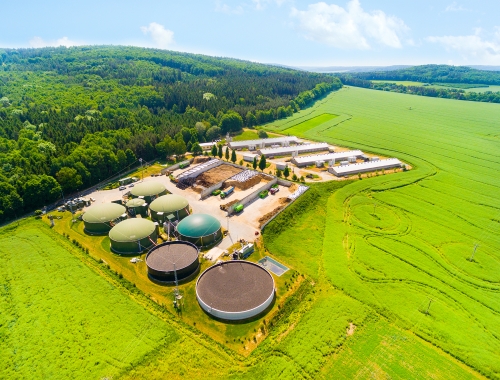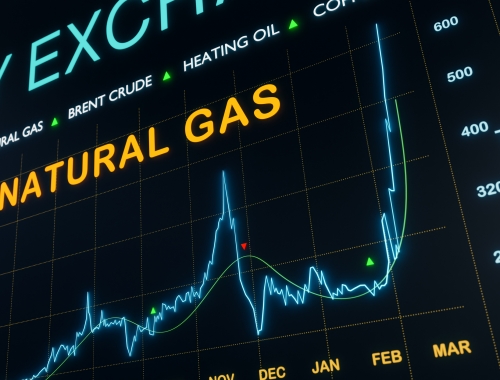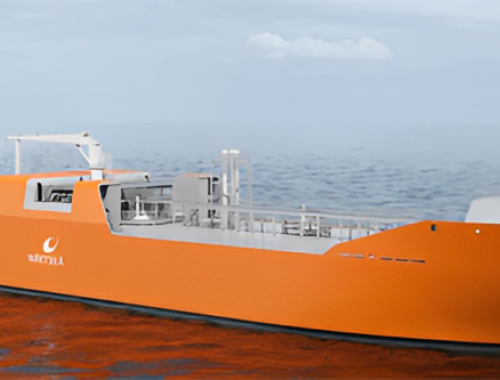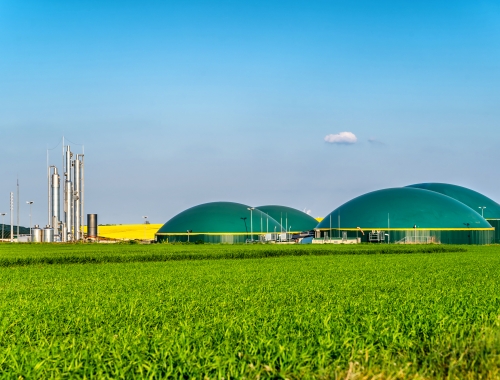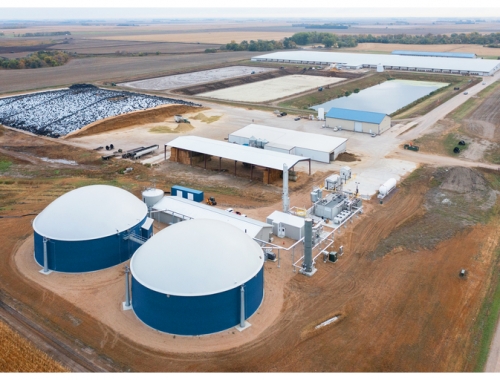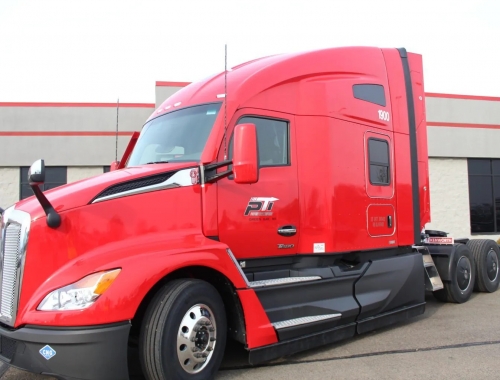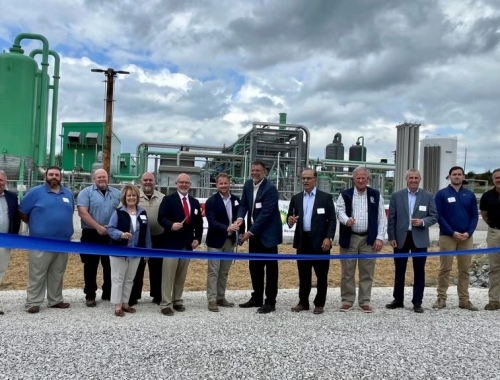Turning captured CO2 into carbon-negative products
SUMMARY
CarbonFree has developed two technologies to take CO2 and mineralise it into products with a wide range of industrial applications.
By Joseph MurphyPOSTED IN:
Texas-based developer CarbonFree Chemicals is seeking to produce carbon-negative products from captured CO2 that are price competitive with conventional alternatives, its CEO Martin Keighley tells Gas Pathways.
CarbonFree has developed two technologies to take CO2 and mineralise it into products with a wide range of industrial applications. The company launched its SkyMine carbon mineralisation facility in Texas in 2015. Each year, the plant captures up to 50,000 metric tons of CO2 from cement flue gas, transforming it into carbon-negative sodium bicarbonate, otherwise known as baking soda.
“Rather than just storing the CO2, we mineralise it into useful products – carbon-negative products,” Keighley says.
In the case of SkyMine, lifecycle emissions are around negative 8mn metric tons of CO2 for every mt of sodium bicarbonate that is produced. What is more, conventional sodium bicarbonate production generates 4 mt of CO2/mt. And as the CO2 is mineralised rather than kept in gaseous state, and is utilised rather than stored, there are not the significant infrastructure requirements that come with carbon capture and storage (CCS).
CarbonFree’s second technology is SkyCycle, which takes CO2 from industry and turns it into calcium carbonate. And this is where the real scalability lies, Keighley says.
Calcium carbonate can be used as a filler in plastics, papers and paints, and can be used in cleaning products such as detergents and has various other chemical applications. It can also serve as a synthetic limestone, used for concrete and other building materials.
CarbonFree has been pivoting its business towards SkyCycle over the past year. It already has a 10,000 mt/yr SkyCycle plant in operation, and has teamed up with engineering group Fluors to build a larger 50,000 mt/yr plant by 2023. The project is at the final stage of engineering studies, Keighley says.
CarbonFree has also formed a strategic partnership with Fluors to develop similar-scale projects over the world.
CarbonFree believes its technologies could one day capture up to 10% of the world’s CO2 emissions. The company, whose origins date back 15 years ago, has since gained the backing of the investment arm of BP, as well as various other investors including Fortistar, Braemar Energy Ventures, Husky Partners, Berg & Berg and Apollo Investments. The company is currently finishing up another financing round, after which it expects to bring on board three more “significant” investors, Keighley says.
“That will allow us to drive through to commercialisation and build the first SkyCycle plant,” he says.
While there has been a focus on reducing the carbon intensity of fuels, “for chemicals, that effort is still at a nascent stage, but you are getting stronger and stronger interest in decarbonising these products,” Keighley says.
What is more, these carbon-neutral and carbon-negative products can even compete with standard chemicals in terms of price.
“We’re taking in the CO2 at no cost, and we can use waste materials for the salts to produce the calcium,” Keighley says. “So we can make highly competitive products, and these are also significantly superior products in terms of emissions.”
This also means that CarbonFree’s operations are not dependent on a carbon price or other fiscal incentives and taxes regarding CO2 emissions in order to be profitable. While CarbonFree can compete with these conventional products, the company is hopeful that it can sell them at a premium anyway because of their added climate value, Keighley says.
And if there is not the demand for the products, they can simply be stored underground, Keighley says.
“You don’t have to pump the CO2, and with all the uncertainties about whether the gas is going to stay there,” Keighley says. “With our process you’ve already got it to a stabilised solution in terms of calcium carbonate.”

